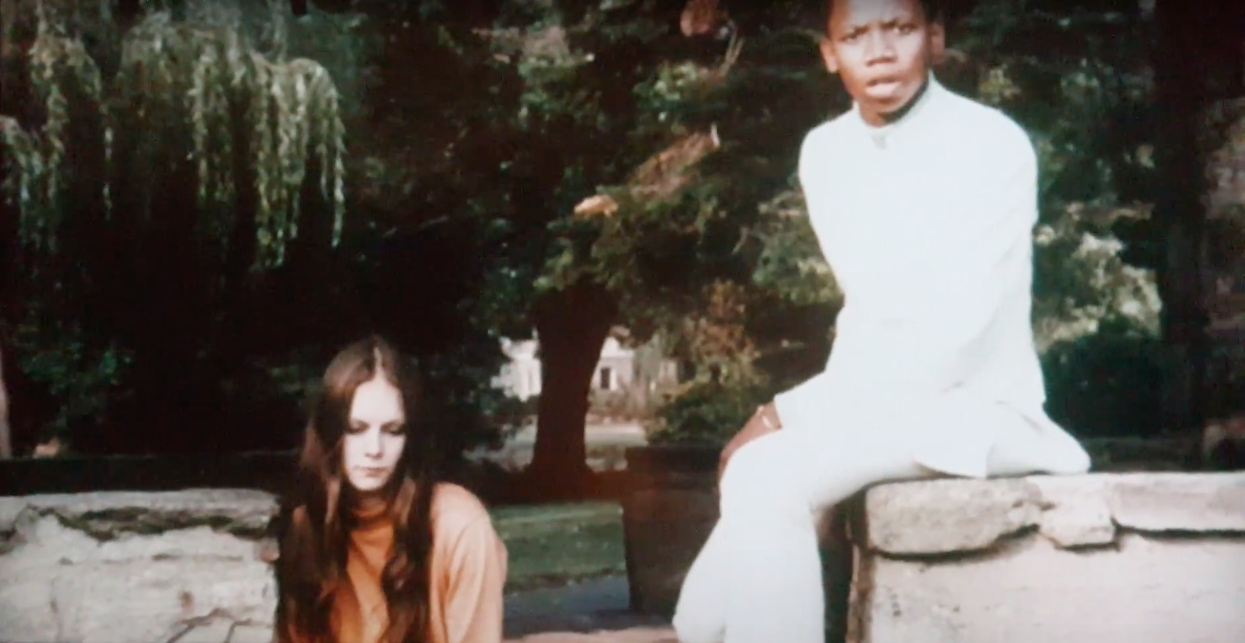Introduction to Ronnie Dyson
Ronnie Dyson was an American singer and actor, best known for his 1970 Top 10 single “(If You Let Me Make Love to You Then) Why Can’t I Touch You?” He started his show business career when he snagged a lead part on the Broadway musical Hair, singing the production’s most famous song “Aquarius,” which was also a paean to the hippie era. Dyson also appeared in the 1969 film Putney Swope, and was involved in few other stage productions such as the musical Salvation. One of Salvation‘s songs was “(If You Let Me Make Love to You Then) Why Can’t I Touch You?” which was also recorded by Dyson as a single. When it came out very strong on the Top 40 charts, it ultimately launched his recording career. “One Man Band (Plays All Alone)” was Dyson’s only Top 40 hit, in 1973. The rest were Hot 100 minor hit singles, including his cover of the Delfonics’ “When You Get Right Down To It.” His later career was interrupted because of ill health. Dyson, only 40 years old, passed away from a heart attack in 1990.
Who was Ronnie Dyson?
Known for his big hit “(If You Let Me Make Love to You Then) Why Can’t I Touch You?” American singer and actor Ronnie Dyson was born Ronald Dyson on June 5, 1950 in Washington, D.C. Later, he and his family moved to Brooklyn, New York where he became a member of a church choir. In 1968, 18-year-old Dyson first set foot on the stage playing the lead part of Hair, a Broadway production launched in New York. He was also known performing the song for “Aquarius,” the show’s anthem of the hippie era.
“(If You Let Me Make Love to You Then) Why Can’t I Touch You?” and other singles
During the 70s music era Dyson launched his recording career with the song “(If You Let Me Make Love to You Then) Why Can’t I Touch You?” which was released on Columbia Records. The single was a success; it reached its highest position at #8 on the Billboard Hot 100. It was subsequently followed with “I Don’t Wanna Cry,” it became an R&B hit, peaking at #9. Dyson’s 1971 single “When You Get Right Down To It” was covered by the Philadelphia soul group The Delfonics. The dramatic cover version was a hit for the group.
Dyson’s later years
In 1973, Dyson was sent by his record company to Philadelphia to perform sessions being produced by one of the best producers by of the decade, Thom Bell. With his orchestrated style of singing, he scored several hits with “One Man Band (Plays All Alone)” and “Just Don’t Want to Be Lonely).” The former made at #28 on pop and #15 on R&B charts while the latter peaked at #60 and #29 on pop and R&B chart respectively. On Columbia Records, he issued three more albums: The More You Do It (1976), Love in All Flavors (1977) and If the Shoe Fits (1979). “The first-mentioned album, which carried the title track as a single, earned a spot on the R&B chart at #3.
In the late 70’s, both of his singing and acting careers were declining due to his illness. However, during the 1980s, Dyson continued making records. He moved to Atlantic’s subsidiary imprint Cotillon Records where his recordings sold modestly. In 1983, he managed to hit the R&B chart once again with “All Over Your Face” at #23. Dyson died on November 10, 1990 in Philadelphia, Pennsylvania due to heart failure; he was only 40 years old.
